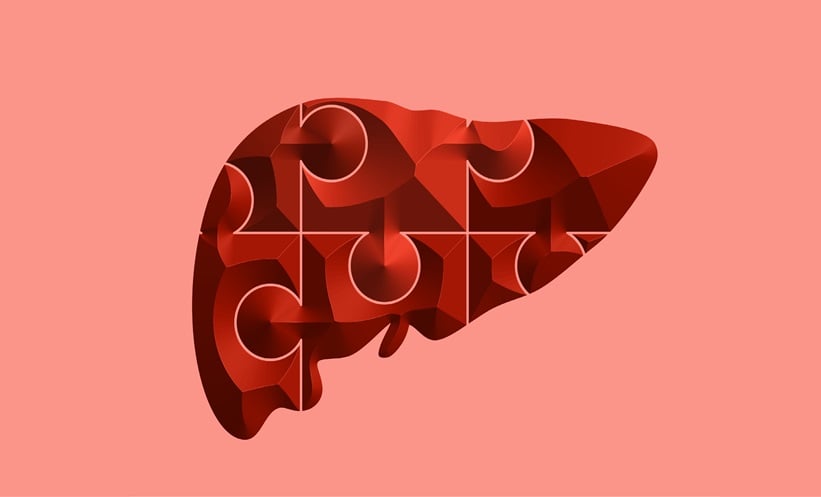EXPLORING strategies to optimise outcomes for those with hepatitis-associated aplastic anaemia (HAAA), and assessing both safety and efficacy of haematopoietic stem cell transplantation (HSCT), was the goal of an emerging piece of research. The pathogenesis of HAAA remains poorly understood, and this study sought to clarify the issue.
Retrospectively, 35 patients with HAAA, who underwent HSCT at a large Chinese hospital between 2008–2022, were reviewed. This cohort was predominantly male (68.6%), with median onset of 23 years. These patients typically presented with severe (28.6%) and very severe (65.7%) aplastic anaemia. Haploidentical donor HSCT and matched sibling donor HSCT were in comparable proportions.
Five-year overall survival rate was 74%, and cumulative incidences of Grade II–IV acute and chronic graft-versus-host diseases (GVHD) were 37.1% and 22.4%, respectively. Diagnosis-to-HSCT interval, acute GVHD, and post-HSCT liver events significantly worsened 5-year survival. Multivariate models revealed that recipients with sex-matched grafts had better survival, and those with younger male donors had a lower incidence of Grade II–IV acute GVHD. Higher human leukocyte antigen matching degree was an independent prognostic factor, associated with better overall survival and graft failure-free survival.
The researchers were able to conclude that a diagnosis-to-HSCT interval ≥75 days was predictive of post-transplant liver events in patients with HAAA. The findings clarified that HSCT was a safe and effective treatment for HAAA, and that moving forward, careful donor selection and improvement to post-transplant liver events are crucial to optimising outcomes.








